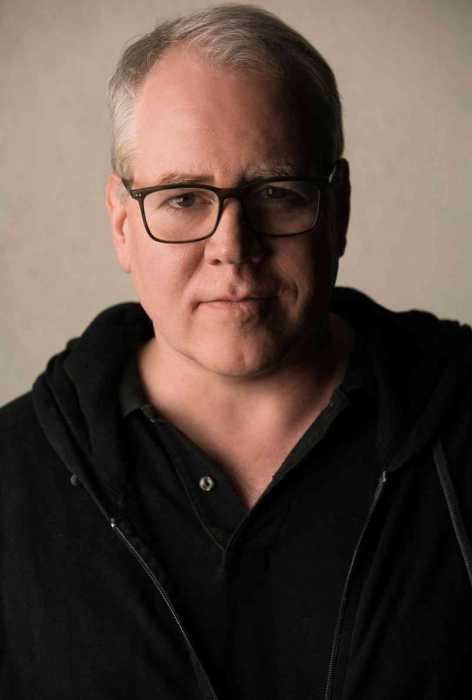Jessica Chastain in Kathryn Bigelow's”Zero Dark Thirty.” | COLUMBIA PICTURES
Lately, Kathryn Bigelow has seemed drawn to political subjects, but not to partisan politics. This served her on “The Hurt Locker,” an Iraq War film calculated not to take a stand on the conflict’s merits. Despite Bigelow’s strenuous efforts at keeping the film apolitical, some veterans complained of its inaccuracy, and it found greater appeal among liberals than conservatives. Still, it became the first film directed by a woman to ever win a Best Picture Oscar. In truth, the Iraq War isn’t the real subject of “The Hurt Locker”; its critique of a brand of adrenalin-junkie machismo could just as easily apply to the bullring or the arena of extreme sports.
Bigelow’s distance from overt politics suits her far less well on her latest film, “Zero Dark Thirty.” Making his 2012 top 10 list, New York magazine critic David Edelstein placed it at number one, though he added the caveat that it may be morally and politically reprehensible.
The film is not going to make my own top 10 list, but I share his ambivalence. How else should one react to a film that amounts to a brilliantly directed and acted defense of torture? But though it may be ethically dubious, I can’t deny that its depiction of the raid on Osama bin Laden’s compound contains some of the year’s most gripping filmmaking. The fact that it’s so far been greeted ecstatically and totally uncritically by American critics apart from Edelstein.
Fortunately, a real debate has emerged in the media and online about the film’s depiction of torture. The Guardian editorialist Glenn Greenwald may have been foolish in attacking “Zero Dark Thirty” before he’s seen it, but at least his op-ed piece got the film’s fans to actively argue it doesn’t condone torture, instead of simply praising its artistry and ducking the issue.
“Zero Dark Thirty” begins with audio from 9/11 over a black screen. From there, it heads to a torture cell, where Dan (Jason Clarke) is roughing up a suspect. The film hops forward in time and space, as CIA agent Maya (Jessica Chastain) searches obsessively for Osama bin Laden. For years, she follows trails that lead nowhere. She butts heads with her boss (Kyle Chandler) and gets into screaming matches with him. Then, she discovers a mysterious compound in Abbottabad, Pakistan and becomes convinced that bin Laden lives there. She then has to convince her colleagues to take her seriously.
Chastain delivers an extremely impressive performance. If there’s anything progressive in “Zero Dark Thirty,” it lies with her character. At first, Maya seems like a blank slate, perhaps intended as an audience stand-in. She hovers in the corner during interrogations, witnessing torture silently. As she ages, she becomes an angry, driven woman. She’s willing to swear and shout to get the men around her to take her seriously. There’s something of Joan of Arc in her absolute conviction in her own certitude. Recent American cinema has given us few female characters like her.
Bigelow’s treatment of violence is generally sober. She has a flair for action, but doesn’t use it for cheap thrills. Several times in “Zero Dark Thirty,” suicide bombs go off, placing people we care about at risk. These scenes are staged for maximum jarring effect. During the final raid, the action pauses to point out that numerous scared children are now going to be left fatherless. The raid itself is stripped-down; while it’s depicted through night-vision cinematography and quick editing, there’s no attempt at disorienting the spectator. Bigelow’s direction is far from Michael Bay’s world of chaos.
This makes the film’s attitude toward torture all the more frustrating. Its first third contains many scenes of both physical and psychological torture. These are often extremely unpleasant, but the characters act blasé, when not actively gung ho. At this point, “Zero Dark Thirty” neither condones nor condemns torture, presenting it simply as a fact of life in the period immediately after 9/11.
Maya and other CIA agents watch a TV clip of Obama stating that the US will cease torture, and they do indeed give the practice up, although they seem disappointed. “Zero Dark Thirty” implies that more traditional forms of interrogation — as well as bribing informants with expensive cars — work better. Or do they? Maya ultimately reveals that the information leading her to bin Laden’s compound came from a tortured detainee. Torture can produce good results after all, “Zero Dark Thirty” suggests.
Republican fears that “Zero Dark Thirty” would be pro-Obama propaganda led to a delay in its release, but they might actually approve of the finished product. (The president is only mentioned once, apart from the TV appearance.) “Zero Dark Thirty” is too nuanced to be propaganda of any stripe. If it suggests that torture has a positive side, one is still left with the ugliness of seeing a man forced to swallow vomit. That said, the inescapable conclusion is that Bigelow has placed her enormous talent on the wrong side of history.
ZERO DARK THIRTY | Directed by Kathryn Bigelow | Columbia Pictures | Opens Dec. 19 citywide


































